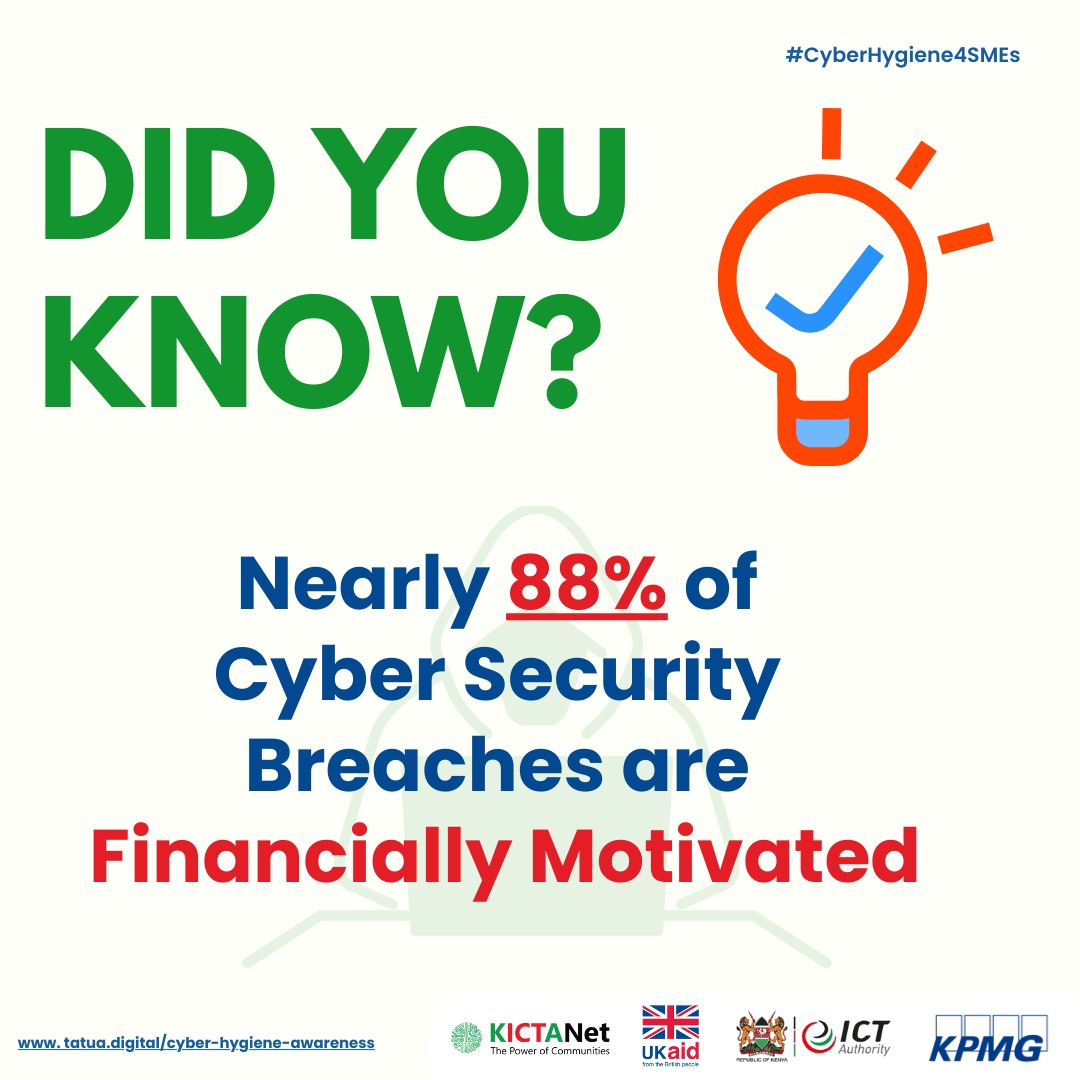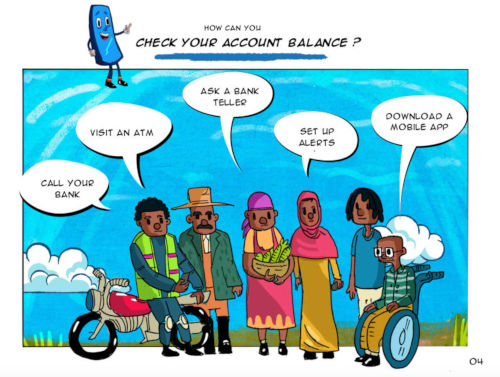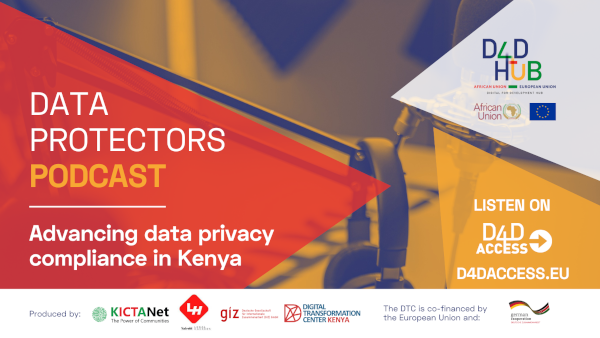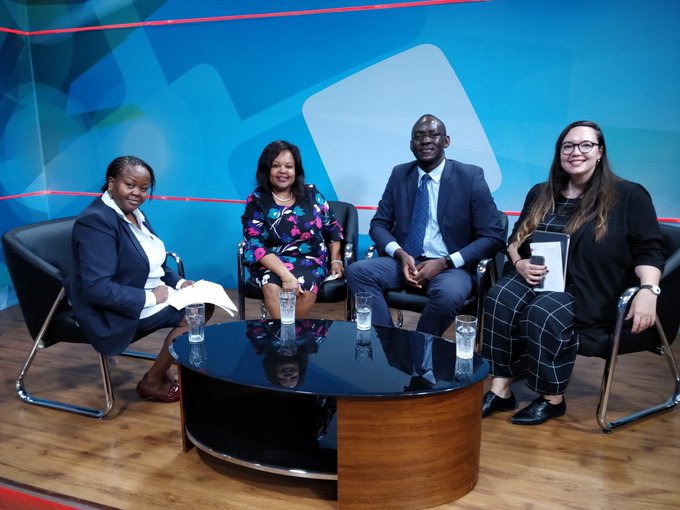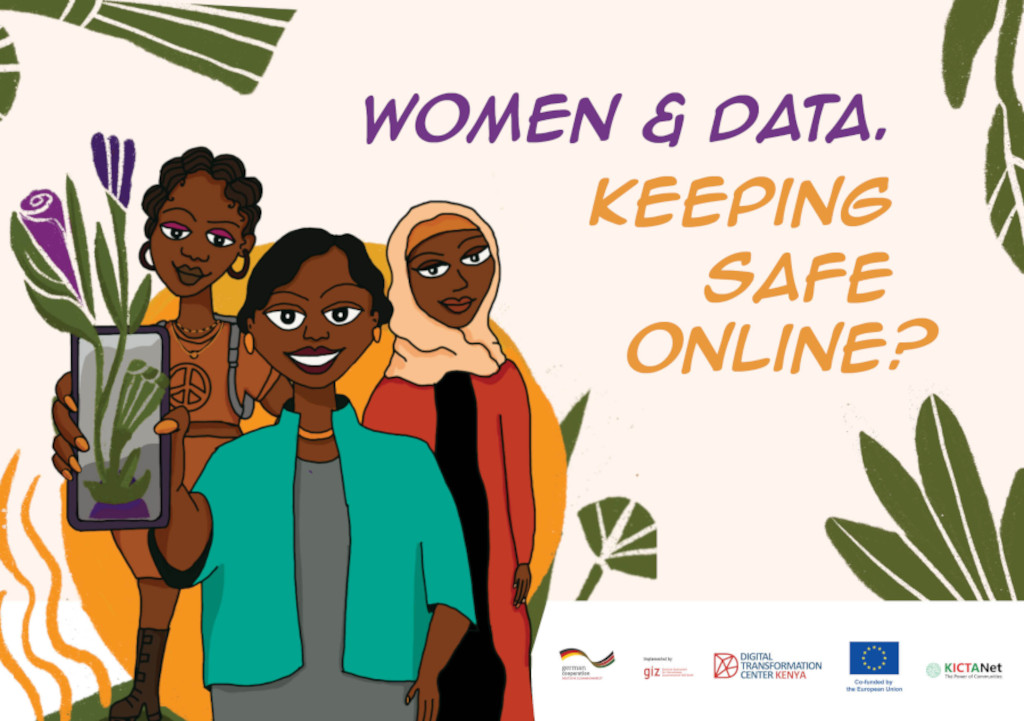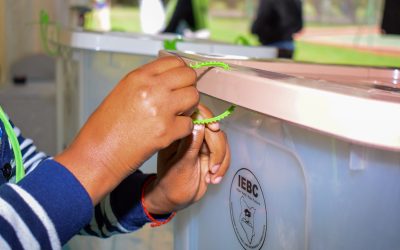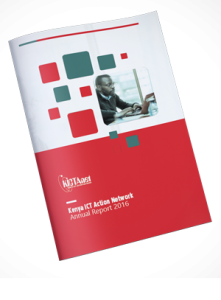KICTANET POST : Latest news, events & opportunities
KICTANet’s Spotlight Report on Notable ICT Issues and Trends
By Simon Ambale KICTANet has released its quarterly spotlight report for January 2023 - March 2023. The report covers the initiatives and activities conducted during this period, including the commemoration of Data Privacy Day, International Women’s Day, and the...
30% Local Shareholding Requirements For Foreign Telcos in Kenya Set To Go
Recently the Kenyan President – after being persuaded by foreign investors from the US – was convinced that the provision that requires foreign telcos to have local partners with at least 30% shareholding should be done away with. The President is reported to have...
Licensed Spectrum vs Unlicensed Spectrum vs Lightly Licensed Spectrum
Spectrum bands typically dictate the technology that can be used. Licensed Spectrum Licensed Spectrum refers to frequency bands reserved by a country's telecommunications regulatory body (CA for Kenya, ICASA for South Africa) for use by certain companies like...
Election Dispute – Should We Open The Server #Fungua_Server?
By John Walubengo I have tried to keep off the current ‘Open-Server’ chorus and anti-chorus from the political class for two reasons. The first is that I and two others happen to have been involved quite closely with the Presidential Petition 2022, from a technical...
Digital Rights and Inclusion Forum 2023 Opening Remarks by Grace Githaiga
On behalf of the KICTANet community and Paradigm Initiative, I welcome you to Nairobi and to the 2023 Digital Rights and Inclusion Forum (DRIF). I first knew ‘Gbenga Sesan in 2016 when Paradigm Initiative was Paradigm Initiative for Nigeria (PIN). Then it grew to...
Sexual Harassment In The Kenyan Cyberspace
By Sylvia Wanjira As disturbing as it is, sexual harassment is a worldwide phenomenon that has continued to plague our societies for decades affecting people from all walks of life. The continuous evolution of the internet has brought forth a new phase of faceless...
Research draft report validation: accessibility of government websites for persons with disabilities
The ICT Accessibility and Equality of Persons with Disability team, within KICTANet, has been conducting research to come up with a scorecard on the accessibility of government websites for persons with disabilities. On 13th April, the team hosted a virtual validation...
Take on Digital Inclusion: Factors at Play
"Building a Sustainable Internet for All" was the theme for the Digital Rights and Inclusion Forum(DRIF),2023. Digital Inclusion was the major subtheme in the discussions. The subtheme stirred the digital rights discussion with an in-depth look into digital inclusion...
Telecoms Regulation
Spectrum, defined in our previous blog, is a limited natural resource managed at the national, regional, and international levels. The purpose of spectrum management is to mitigate radio spectrum interference and maximize the benefit of usable radio spectrum. The...
KICTANet is a multi-stakeholder Think Tank for ICT policy and regulation. The Think Tank is a catalyst for reform in the Information and Communication Technology sector. Its work is guided by four pillars of Policy Advocacy, Capacity Building, Research, and Stakeholder Engagement.
KICTANet’s mission is to promote an enabling environment in the ICT sector that is robust, open, accessible, and rights-based through multistakeholder approaches.
During the 2022 – 2024 strategic period, KICTANet has prioritised the promotion of effective multistakeholder participation; an enabling legal, policy and regulatory environment; building capacities and empowered communities; and institutional strengthening. KICTANet’s guiding philosophy encourages synergies in ICT policy-related activities and initiatives. As such, the network provides mechanisms and a framework for continuing cooperation, engagement and collaboration in ICT matters among industry, technical community, academia, media, development partners, civil society and government.
_____
Strategic Priority.
- Convening power. To strengthen and promote engagement, collaboration and relationships with relevant stakeholders (state, business and non-state actors).
- Promoting an enabling environment. To catalyse policy, legislative and regulatory reforms in the ICT sector.
- Building capacities and empowered communities. To build the capacity of the stakeholders across government, business society and civil society and the citizens.
- Institutional strengthening.
The report outlines the work undertaken in between 2007 and 2016 which is underpinned by crowd sourcing and community engagement
Click here to download the report
FACTS AND FIGURES
Achievement of the Network over the Years
Publications
Thought Leadership Forums
Persons trained
Policy Interventions
Conversations in KICTANET listserv
Active listers contributing often
Different conversation threads
Impressions on ICT policy discussions
Our Pillars
KICTANet’s organisational strategy:
Policy Advocacy
Capacity building
Research
Stakeholder engagement
We facilitate stakeholder engagement through collaborative initiatives in face-to-face Town Hall meetings, and in the KICTANet?s interactive mailing list where multiple stakeholders engage regularly on ICT policy issues.


